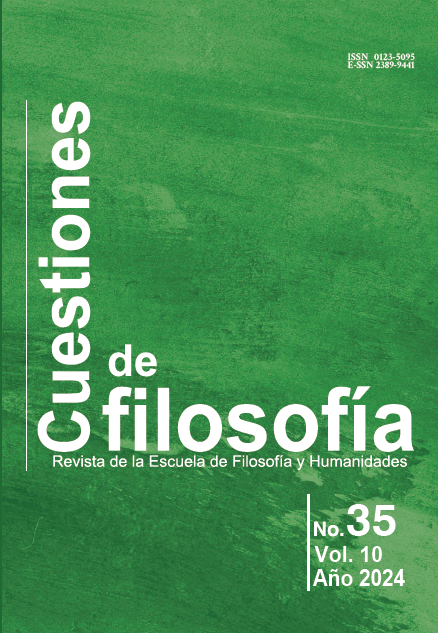Capitalism, Technoscience and Contemporaneity*

Abstract
This article explores complementary perspectives that weave and unweave the web of multiple meanings of the world and its radical images, imaginings and imaginaries. Phantasmagorical images of the world continually reconfigure our processes of cognition, memory, affectivity and human interrelation. On the threshold of these changes, fragile and uncertain hopes of remaking the world from the ruins of an anthropocentric image persist. The gap between techno-scientific progress and human progress has become alarmingly radicalized. What little is left of the world is transformed into a series of impoverished and fragmented mass-media images. In this context, there are signs of the emergence of a new epoch, the effects of
which we are only just beginning to perceive. Capitalist modernity, in its scientific-technical deployment, feeds back on the unfolding of a complex adventure of the borderline human condition. Modern and contemporary
technosciences are engaged, perhaps unbridled, in a race for immortality. In the techno-scientific womb, the ultra-human is gestated. Beyond the
anthropotechnical imaginary, the advent of a new post-metaphysical era, marked by vanishing lines, can be glimpsed.
Keywords
capitalism, war, image, critical imagination, technoscience
References
- Cózar, J. (2002). Para la construcción y para la destrucción. El impulso dual de nuestra civilización tecnológica. J. Cózar (Ed.), Tecnología, civilización y barbarie (pp. 11-34). Barcelona: Anthropos.
- Duque, F. (2010). Ontología negativa. G. Aranzueque (Ed.), Ontología de la distancia (pp. 23-54). Madrid: Abada.
- Ellul, J. (1989). Textos de Jacques Ellul. Revista Anthropos.Tecnología, ciencia, naturaleza y sociedad. Antología de autores y textos por el Instituto de Investigaciones sobre Ciencia y Tecnología (INVESCIT), 14, pp. 138-148.
- Guattari, F. (1996). Caosmosis. Buenos Aires: Manantial.
- Han, B. C. (2022). Capitalismo y pulsión de muerte. Barcelona: Herder.
- Harvey, D. (2012). El enigma del Capital y las crisis del capitalismo. Madrid: Akal.
- Heidegger, M. (1984). Caminos de bosque. Madrid: Alianza.
- Heidegger, M. (2017). Filosofía, Ciencia y Técnica. Santiago Chile: Editorial Universitaria.
- Latour, B. (2017). Cara a cara con el planeta. Una nueva mirada sobre el cambio climático alejado de las posiciones apocalípticas. Buenos Aires: Siglo XXI.
- Maar, W. (2012). Teoría crítica como teoría social. B. Pucci (Ed.), Teoria crítica e crises (pp. 9-20). Campinas: Editora Autores Asociados.
- Marx, K. (2022). El Capital I. Madrid: Akal.
- Mengue, P. (2013). Espaço liso e sociedades de controle -ou a última política deleuziana. Conexões: Deleuze e Política e Resistência e... (pp. 15-34). Campinas: CAPES.
- Pál Pelbart, P. (2016). O avesso do niilismo. Cartografias do esgotamento. São Paulo: N-1 Edições.
- Sloterdijk, P. (2010). En el mundo interior del Capital. Para una teoría filosófica de la globalización. Madrid: Siruela.